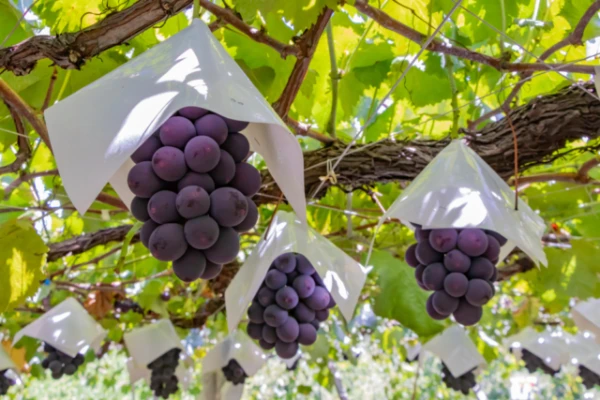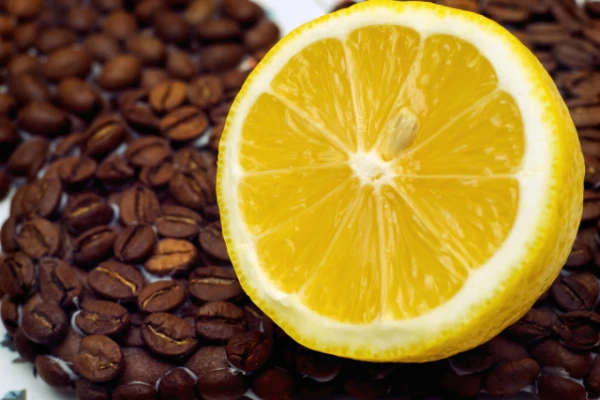
In autumn, any fruit is beneficial. However, among the many worthy gifts of nature, there are favorites and champions. One can choose a leader based on taste, but it is better to trust the advice of a specialist.
According to gastroenterologist Evgeny Belousov, the most beneficial autumn fruit is persimmon. It is rightly considered a valuable dietary product that possesses a powerful antioxidant and vitamin potential, sufficient for therapeutic and preventive support of the body during the autumn-winter period. At the same time, an individual approach to consuming persimmons should be adhered to, especially when it comes to unripe fruits.
The daily norm for an adult is no more than two fruits. Persimmons are best absorbed with balanced diet components such as cottage cheese or nuts. However, they also make a wonderful dessert after the main meal and can be enjoyed as a standalone dish.
Persimmons are a treasure trove of vitamins A, C, and B group, as well as macroelements such as potassium, magnesium, and calcium. Additionally, they contain a huge amount of fiber, which normalizes gastrointestinal function, supports intestinal microflora health, and controls cholesterol levels in the blood.
Thus, 100 grams contain 160-180 mg of potassium—a mineral necessary for regulating water-salt balance in the body and normalizing the functioning of the heart and muscles. The presence of magnesium, calcium, iron, and manganese in persimmons is not as significant, but these substances are in an easily digestible state.
Moreover, astringent varieties of persimmons contain antioxidants. These include tannins, catechins, and anthocyanins, which have anti-inflammatory, antimicrobial, and potentially anti-tumor effects on the body. They also contribute to the normal functioning of the heart and blood vessels.














Leave a comment